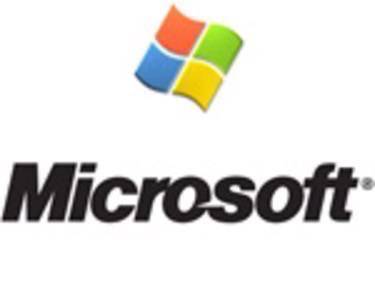As of today a federal appeals court is upholding the judgement to bar Microsoft from selling current versions of Word and Office. The question is, what does the patent actually entail? The original patent can be summarized as covering a “method and system for manipulating the architecture and the content of a document separately from each other.” With this broad an abstract, it appears that the patent could affect a lot more than simple word processing. But, as with all patents, the devil is in the details.

As of Jan. 11, 2010, Redmond, Washington-based Microsoft will no longer sell its flagship word processing products in their current format. In August, a Texas jury filed in favor of i4i Inc. finding that Word infringes on the Canadian company’s software patent.
Microsoft announced that it is already taking steps to remove the “little-used” infringing software feature from Microsoft Word 2007 and Microsoft Office 2007.
The removal would make these versions of Word unable to open XML files for editing. An additional workaround may already be planned. In early August ZDNet UK’s Rupert Goodwins covered Microsoft’s patent for an SML Schema Document – a way of creating rich XML files so that word-processing applications recognize the file as a native document. Microsoft is also taking this opportunity to direct users to the beta versions of Word and Office 2010.
It’ll be interesting to see if this patent resurfaces to block additional consumer products or if the Word trial will be an isolated incident.

















